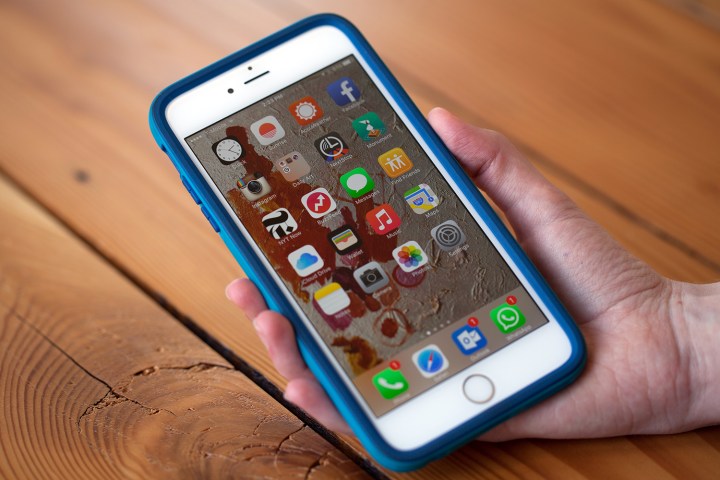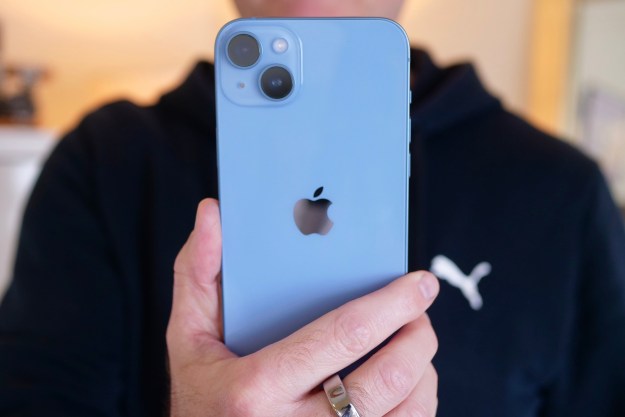
In recent days, however, a number of security firms have uncovered the existence of infected iPhone apps in the iOS store in what looks to be the biggest security breach in the store’s seven-year history.
Security firm Palo Alto Networks (PAN) said it’d so far uncovered 39 infected apps “potentially impacting hundreds of millions of users” in multiple countries. It described the malicious software as “a very harmful and dangerous malware that has bypassed Apple’s code review and made unprecedented attacks on the iOS ecosystem.”
PAN’s analysis of the malware revealed it’s capable of, for example, prompting fake phishing alerts to grab user credentials, as well as reading and writing data in the user’s clipboard, which could be used to obtain password information if such data is copied from a password management tool.
In a statement obtained by Reuters, Apple spokesperson Christine Monaghan said, “We’ve removed the apps from the App Store that we know have been created with this counterfeit software.”
Affected software includes leading Chinese messaging app WeChat and China-based Uber competitor Didi Kuaidi. WeChat said in a blog post the malware had been discovered in an earlier version of its app and so iOS users should ensure they have the latest malware-free version on their device.
It seems hackers targeted Chinese developers in their effort to get the malware into apps and onto the App Store. This was done by getting developers to use a tainted version of Apple’s app development tool, called Xcode.
Without realizing, developers using the tainted software, dubbed XcodeGhost, were incorporating malware into their apps before submitting them to the App Store. Apple’s own checking procedures failed to spot the malicious software, allowing infected apps into the App Store for iPhone, iPad, and iPod Touch users to download.
With Apple proud of its reputation for security when it comes to its iOS app store, the incident will be a matter of concern – and embarrassment – for the company. Apple said on Sunday it’s warning iOS developers to obtain Xcode only from its own site, rather than from third-party sources, which seems to have been the case here.
Editors' Recommendations
- Here’s how Apple could change your iPhone forever
- This one thing could make iOS 18 the best iPhone update in years
- Everything you need to know about the massive Apple App Store outage
- This could be our first look at iOS 18’s huge redesign
- Everything Apple says is wrong about the DOJ’s iPhone lawsuit


